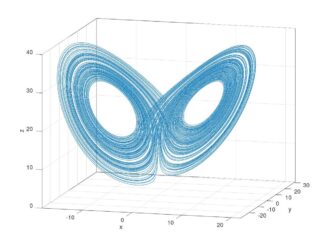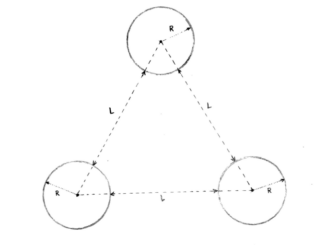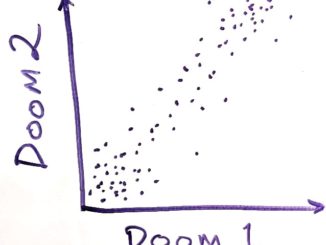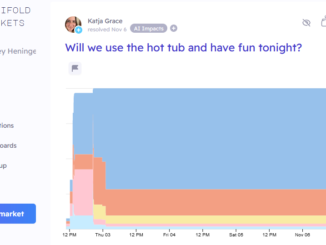
Articles by Jeffrey Heninger


You Can’t Predict a Game of Pinball
The uncertainty in the location of the pinball grows by a factor of about 5 every time the ball collides with one of the disks. After 12 bounces, an initial uncertainty in position the size of an atom grows to be as large as the disks themselves. Since you cannot measure the location of a pinball with more than atom-scale precision, it is in principle impossible to predict the motion of a pinball as it bounces between the disks for more than 12 bounces.


Against a General Factor of Doom
If you ask people a bunch of specific doomy questions, and their answers are suspiciously correlated, they might be expressing their p(Doom) for each question instead of answering the questions individually. Using a general factor of doom is unlikely to be an accurate depiction of reality. The future is likely to be surprisingly doomy in some ways and surprisingly tractable in others.
